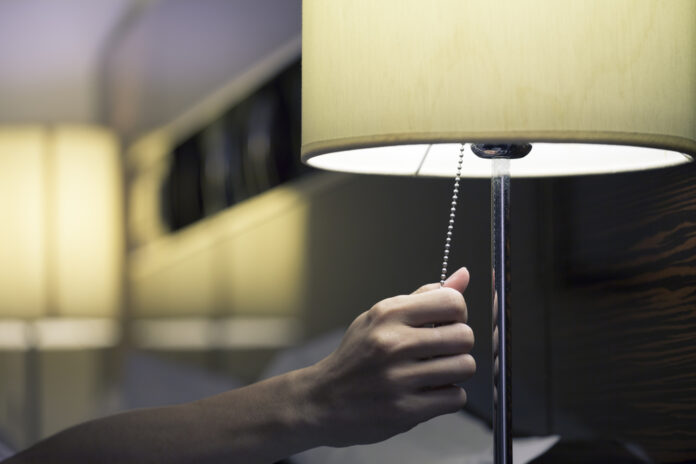
Sleep is important. However, how you sleep may be just as important. Many people sleep with a light on at night. However, you may be surprised to learn that it could seriously impact your health. A recent small study indicated that people who sleep with a light or TV on are more likely to have type 2 diabetes and be overweight. However, the study couldn’t readily indicate if the light was actually causing the health problems.
More About the Study
The study in question was conducted by Phyliss Zee at the Northwestern University Feinberg School of Medicine in Chicago and involved 20 participants. The participants were asked to spend two nights in a sleep lab. On the first night, each participant slept in a completely dark room. Half of the participants slept in a dark room on the second night, and the other half slept in a lit room equivalent to that of a bedside lamp or television.
The Study Outcome
The group’s blood sugar levels were tested each morning. The tests evaluated the main hormone required for regulating blood sugar levels. One test combined glucose and insulin levels after waking up. The other measure other involved giving people a dose of glucose and measuring their insulin response. The outcome was that those that slept in the dimly lit room had slightly worse glucose levels the following morning. Interestingly, the participants that slept two nights in a dark room had little change in their glucose levels.
What It All Means
While the study is interesting and does shed light on how glucose levels are impacted by light at bedtime, it’s simply not large enough to make any claims. More research is required to really understand the connection between light and glucose levels.
Healthy Sleep Habits
One thing is for certain, healthy sleep habits matter. Proper rest ensures that you’re ready to face the day. It’s important to get adequate rest, and the best way to do this is to go to bed around the same time each night and get a full eight hours of sleep. It’s suggested to sleep in a cool and peaceful environment with less light and sound that may disturb you. It’s also recommended to remove any disturbances that make it difficult to fall and stay asleep. If you notice any changes in your sleep pattern, you should reach out to your doctor.



















